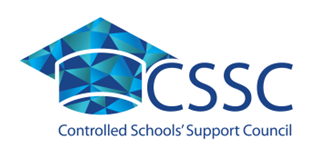French A-Level
The AS and A2 French courses are designed to help pupils to develop a high level of competence in the language, building on the knowledge and skills acquired at GCSE level. The study of French at AS level provides an insight into another culture and an opportunity to reflect on various aspects of contemporary society, and offers the additional benefits of enhancing employment prospects, facilitating foreign travel and experiencing the enjoyment and motivation of improving linguistic skills.
In French, the courses are as follows:
Year 1: The Advanced Subsidiary GCE
comprises three modules and topics studied include: Relationships (family, influences on young people) and Culture and Lifestyle (health, hobbies, social media and holidays).
Year 2: The A2 section of the Advanced GCE builds upon the foundations of knowledge, understanding and skills developed within the Advanced Subsidiary. The course comprises three modules and topics studied include: Young People in Society (education, employment, careers, European citizenship) and Our Place in a Changing World (poverty at home and abroad, immigration, multicultural society and environmental issues).
Modules
Examination Board: CCEA
AS: 3 modules
Module 1: Speaking Test
Module 2: Listening, Reading,
Translation from French to English and English to French.
Module 3: Extended writing: Essay on literary text.
A2: 3 modules
Module 1: Speaking Test
Module 2: Listening, Reading,
Translation from English into French.
Module 3: Extended writing: Essay on literary text.
Teaching Methods
Group work, pair work, class discussion and debate are all encouraged. Listening skills are practised using listening resources on the School’s network which pupils can access in classrooms and in the Learning Resource Areas. Independent learning and study are encouraged through background reading and research, which may involve using ICT for topic-related work. Written work is supported by grammar and language learning classes.
Assessment Methods
Students will be assessed regularly with vocabulary and grammar tests, weekly proses / translations, preparation of speaking test questions, written homeworks in the form of essays for literature, and trial examinations.
Self assessment is also encouraged as students take greater responsibility for their learning.
